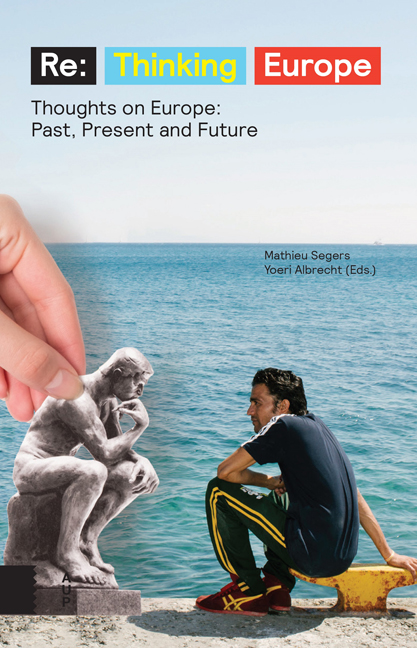The Europe of Melancholy
Published online by Cambridge University Press: 07 January 2021
Summary
2006
When I began to think about what I wanted to say to you here today, my thoughts went back forty years to the time when I was at the Bocconi University in Milan. To tell the truth, it is hard to believe that it is so long since I was a student. Today, my thoughts are with the young people currently attending university, and above all with those, perhaps a considerable number, who are still unsure as to what to do after university, as to how they might combine necessity with freedom, the need to earn a living with their desire to serve a cause they believe in, and to be public-spirited in both the private and public spheres of their working lives.
I was drawn to the Bocconi as a result of my decision ‒ influenced in part by my reading of Luigi Einaudi's Il buongoverno ‒ to study economics, a discipline that could accommodate my disparate and vague interests and motivations: a scientific but at the same time a humanistic field, knowledge and action, polis and home.
I subsequently chose public service, and not research, business or politics. I say “chose” because my generation, as it entered the working world in the 1970s, really did have the possibility to choose; in this, we were exceptionally fortunate, perhaps the most fortunate generation of the past century. Italy, in its transition from a poor country of peasants and subsistence farmers, consumers of their own products, into a modern transformation economy, highly competitive in the nascent European market, created a wealth of jobs and opportunities for graduates and non graduates alike. The fears and resistance, strong in the industrial and academic worlds, of those who had warned that we were not strong enough to rise to the European challenge were belied. The politicians were more farsighted than the ruling class which often regarded them with arrogance, as it also does today.
I would like to talk to students about today's and tomorrow’s Europe and suggest that they take Europe as a point of reference both in their working lives, whatever profession or line of work they may enter, and in their lives as Italian citizens, irrespective of their political leanings: in short, as a professional, cultural, political and civil point of reference. This is the subject of my discourse.
- Type
- Chapter
- Information
- ReThinking Europe Thoughts on Europe: Past, Present and Future, pp. 251 - 272Publisher: Amsterdam University PressPrint publication year: 2016

